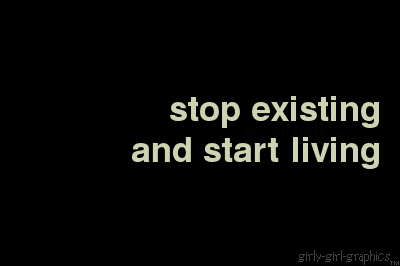I used to argue my case for fasting, fervently citing ritual and tractate, claiming spirituality as my motivation rather than an excuse to have a calorie-free day. It wasn’t all a life. I wanted to be a member of my tribe, beat my chest remorsefully along with my community and share the hunger pains of late Yom Kippur afternoon. I believed that fasting could be holy, a setting apart, a focusing on the holy rather than the mundane. But for me, the larger truth was that I wanted an anorexic’s freebie day.
I was 20 the last Yom Kippur I fasted, already a veteran patient at eating disorder treatment centers and hospitals. I was 20 and home from college for the High Holidays, arguing with parents who feared for my life on a daily basis. As I pled my case, they rebutted with worries that fasting would in fact keep me out of the book of life, that not eating was choosing a slow death rather than opting for another year of life. I knew the allowances for the sick, elderly and children, that fasting didn’t apply if health was an issue. My parents were right. If fasting symbolized a sacrifice, a step away from the norm in the direction of holiness, then for me, eating was more meaningful than fasting. But at the age of 20, I was to starved and stubborn to concede their points or admit the reasons behind my staunch desire to fast. I held my self-destructive ground and spent the day light-headed in shul, bowing and remorseful, chanting communal sins while beating my bony chest.
And so, aside from the services, it was no different from any other day.
My light-bulb moment wasn’t at the blast of the shofar or the closing Nehila prayers. It wasn’t the sermon that moved me to tears but rather the break-fast later among family and friend. It had been a bitter day for me, knowing the insane hypocrisy of begging for another year of life while having spent the past 365 days actively tossing aside that very precious gift. I was afraid to pray for healing, too ashamed to make vows of recovery as I stood on too many years of broken promises and identical Yom Kippur reflections. But as I stood from the sidelines and watched my family fill plates with warm kugel, bagels and lox, and all the Jewish comfort foods I loved, a small light flickered within. My personal fast never ended. There was no break-fast celebration for me. There was no end date where my inner calculator shut off and my starving dictator was muted. There was no meal where I freely filled my plate and rejoined the land of the living. I listened to the laughter and praises to the chef as I cried out my first true prayer of the day.
Please Hashem, help me choose life. Guide me toward healing and end this perpetual fast that keeps me far away from you, locked in a tiny life. With gratitude for the million second chances, please grant me this moment, this chance to taste freedom, this opportunity to take a bite of my mother’s kugel as a step toward life.
This year I’ll be at services with my community, making my amends and atoning for my sins. This year I’ll beat my chest and desperately plead for my name to be sealed in the book of life. This year I still need to do better, take bigger bites and farther steps.
This year I’ll find my holiness in a full belly and experience as much spirituality in the sounding of the shofar as in the taste of my lunch.



No comments:
Post a Comment